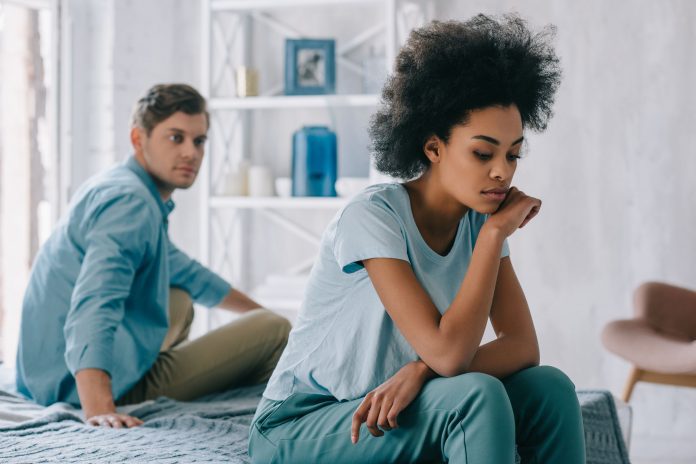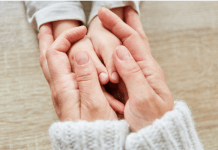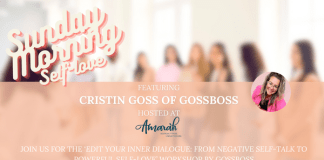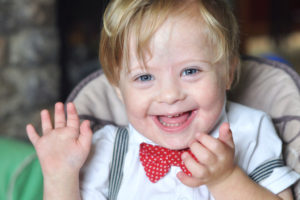He doesn’t understand the pain his words cause me. “All lives matter,” he says. “It’s a police brutality issue, not racism. Cops kill white people too,” he says.
Twenty plus years of an imperfect marriage; we’ve said our fair share of hurtful things, but these words hurt differently. Not because it’s an attack on me, but because it’s a lack of regard for the experiences of my father, uncles, brother, cousins, and so many black and brown men in this country. It says to me that in our years together, he has learned nothing.
I woke up angry at the nation. Mad that another black man died at the knee of a police officer. Literally. For more than seven minutes George Floyd, begged for his life and called for his mother. For more than seven minutes, bystanders pled with officers to perform their sworn duty to protect and serve. And in the very same news cycle, a white woman, offended by the audacity of a black man to request she comply with rules, called the police and pretended to be in imminent danger. Amy Cooper calmly warns Christian Cooper (no relation to Amy) of her plans to tell the officers that an African American male is threatening her. It’s a premeditated attempt to weaponize her local police department. Why? Because she knows that black men and the police can be a fatal cocktail. All of this, just days after a video of Ahmaud Arbery being ambushed and murdered by armed vigilantes attempting a “citizen’s arrest” for a perceived crime.
I woke up angry at the nation. Needing a release from the anger and frustration, I began to vent, to complain, to cry, to hurt. Trying to wrap my head around the callousness, brutality, and complacency of the world. Trying to find solace in the one space that should be safe – my home. Looking for comfort and support from the one person who has promised to do just that – my husband.
More than once, I’ve tried to make clear that these statements hurt. During civil discussion using logic and in fits of pain using tears. The conversation is always the same. It starts out supportive, understanding, sympathetic. But should I complain too long or too loud, I am quickly reminded that blacks aren’t the only victims. “All lives matter,” he says. “It’s a police brutality issue, not racism. Cops kill white people too,” he says. He doesn’t understand the pain his words cause me.
I know that the police kill hundreds of white people a year, sometimes nearly twice as many as African-Americans. But when adjusted for demographic ratios, the statistics are clear, black men are 2.5 times more likely to die at the hands of a police officer than white men. You can’t tell me that racism isn’t a problem when people of color are more likely to be suspended from school. You can’t tell me that racism isn’t a problem when black males are more likely to receive stiffer criminal sentences than their white counterparts. You can’t tell me that racism isn’t a problem when the experiences of my friends and family say otherwise.
The death of Trayvon Martin may have been the catalyst to national awakening. An awakening that has been gaining speed with each Michael Brown, with each Eric Garner, with each Tamir Rice. It’s also been the catalyst for personal discovery. As a fair-skinned black woman, I am aware of the privilege my skin tone has afforded me. A level of opportunity and benefit-of-the-doubt that my cousins, nieces, aunts, and uncles may never have. But I’m not blind to the inequalities of our system and the grossly disproportionate effect it has on people of color.
My husband, who grew up in a tiny, very white, very rural community, will never be able to empathize with black men. I wasn’t expecting that. But he does have intelligence, access to resources, and has heard enough anecdotal evidence from reliable resources to be able to offer more than the most basic level of understanding and support.
“All lives matter,” he says. “It’s a police brutality issue, not racism. Cops kill white people too,” he says. He doesn’t understand the pain his words cause me. Is it a lack of respect for my feelings? How, as a black woman, married to a white man, do I navigate this situation? How angry do I become? How many tears do I cry before he sees the pain?
When does it end? When have we had enough? When does someone with power stand up and say, ‘no more’? How many black men have to die before things change?
Author Anonymous















